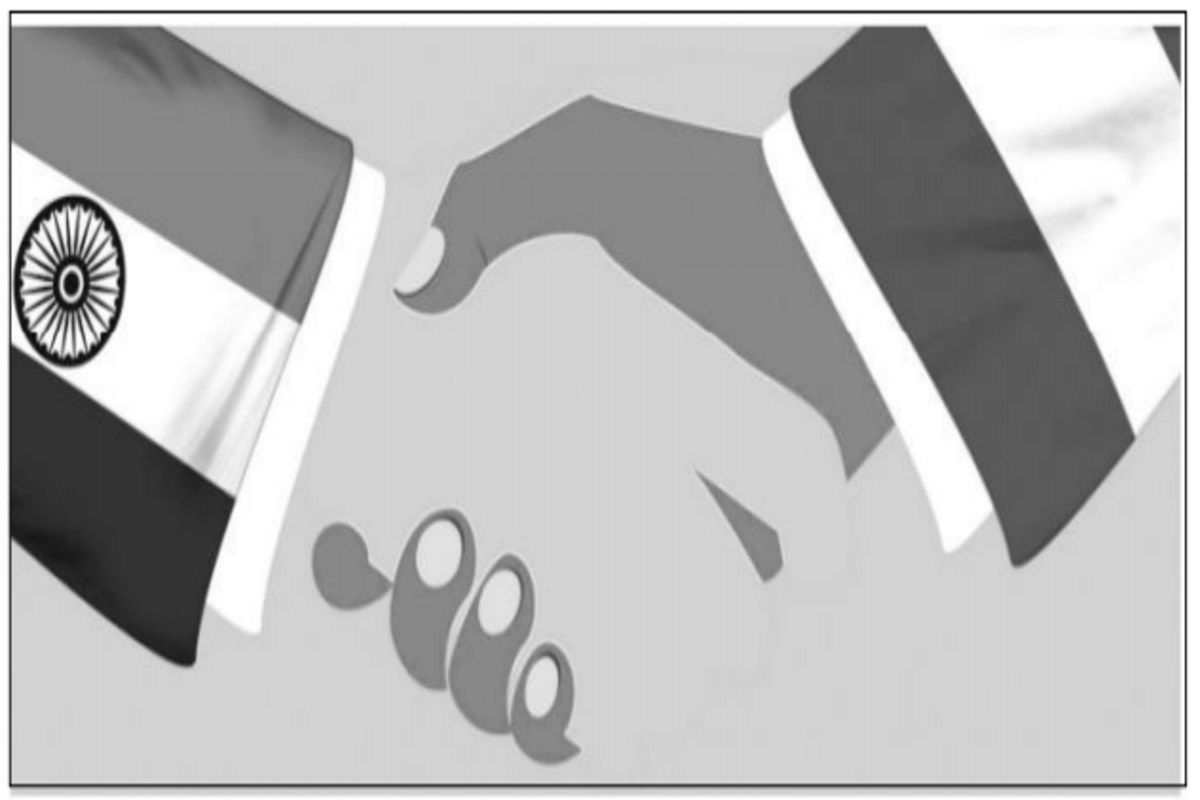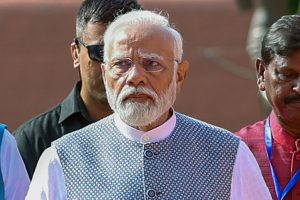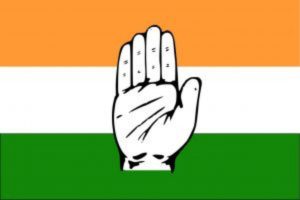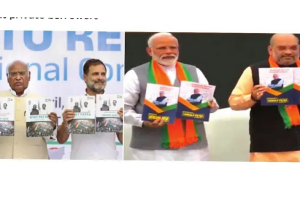Today (29 April) marks 26 years of South Africa’s post-apartheid era, the end of South Africa’s National Party-led apartheid regime and the beginning of the post-apartheid era under the African National Congress and Nelson Mandela which also marked a significant shift in India-Nigeria relations. With the end of apartheid, the warm friendship between India and Nigeria transformed into a prominently economic-based relationship.
But for a country with global ambitions such as India, mere economic ties wouldn’t be beneficial as China continues to rise and exert its influence in Africa. Thus, India needs to explore its point of departures in enhancing its ties with Nigeria. India started its official engagement with Nigeria in 1958 by establishing a mission two years before the country earned its independence.
These relations solidified in 1962 with Jawaharlal Nehru’s visit to Nigeria. Since then, two other Prime Ministers of India have visited Nigeria and four Nigerian presidents have visited India. India and Nigeria enjoy warm, friendly and deep-rooted bilateral relations which in recent years has taken a prominent economic dimension.
India today is the largest trading partner of Nigeria and Nigeria is India’s largest trading partner in Africa; in 2017- 18 alone their trade amounted to $11.76 billion. The value of this booming trade was duly recognized in 2017 as both governments acknowledged establishing a joint trade committee.
As both economies continue to boom, India will import Nigerian petroleum products and oil, while Nigeria would import pharmaceuticals, machinery, textiles and telecom equipment and services from India.
This strong inter-dependent demand and supply from both economies forecasts that trade and positive ties will continue to dictate future relations. Historically, India and Nigeria have enjoyed good cultural and political ties as well. For this, credit goes to colonialism, as Indian independence not only inspired the Nigerian independence moment but also left both newly independent states to deal with similar issues such as poverty, unemployment, multi-ethnic and multi-religious societies.
Also, it left space for cultural cooperation through many wealthy and well established Indian ex-pats. Further, the colonial legacy left India and Nigeria with a strong distaste for colonialism, racism and xenophobia, which was mutually recognised and enhanced by both countries through the South-South cooperation and the Non-Aligned movement.
However, decolonization, the end of the Cold War and the end of the apartheid regime made platforms such as non-alignment irrelevant. Besides, a failure to renew normative power in their foreign policies stunted India-Nigeria relations to a mere economic partnership with very less space for further political cooperation.
Parallel to this economic partnership, India has also kept its policy of solidarity towards Africa operational. This policy, intended to exacerbate India’s international influence and help Africa to develop its potential, has led to a grand strategy of a soft approach towards Africa, of which Nigeria is a prominent unit.
Thus, India provides various scholarships and fellowships to Nigeria. It also offers over 200 seats to Nigeria under the India Technical Economic Cooperation (ITEC) programme. India and Indian firms have also been training Nigerians in the accountancy, banking, medicine, education and Information Technology (IT) sectors.
Similarly, various Indian teachers and doctors worked in Nigeria from the 1970s to 1990s. All this was to promote Nigeria’s human resources and facilitate its development. India is also assisting Nigeria to develop its military by helping to establish the Nigerian Defence Academy, Command and Staff College, Naval College, communication equipment and IT labs. India has deputed its officers to train Nigerians and has also trained Nigerians in its military institutions; this includes prominent personalities like Obasanjo, Ibrahim Babangida and Buhari.
Besides, India also trades arms, ammunition, patrol boats, helicopters and jet fighters with Nigeria. India-Nigeria ties seem to glitter, but for a country with global ambitions such as India a mere economic partnership and diminishing soft power would not help. As China is thriving to be a major player in the region, this challenges India-Nigeria relations as never before. China’s emerging role as a trade partner and donor for economic recovery, Nigeria’s preference for China’s efficient state-to-state level engagement over India’s slow and unstable private sector investments have made India anxious about its relationship with Nigeria.
Also, as resources are limited and China’s demand for energy expands, it is highly probable that China might replace India as Nigeria’s oil importer and economic partner. Also, the drastic increase in Chinese scholarships and military ties has overshadowed India’s soft power over Nigeria.
Thus, the emergence of China as a major player has significantly challenged the nature of India-Nigeria ties. With such huge stakes, India should now make serious holistic efforts to re-engage and re-shape ties with Nigeria.
As Nigerian President Obasanjo once claimed, “If you get it right in Nigeria, you are likely to get it right on the rest of the continent”. With positive historic relations and Nigeria’s potential to overtake South Africa as a regional and continental power, it becomes a prominent partner that India cannot afford to lose.
Thus, India should start shaping an exclusive foreign policy towards Nigeria, rather than merely treating it as a unit of its grand African strategy. One way of engaging Nigeria could be through exclusive international platforms.
Currently, India and Nigeria share membership of G-15, G-77, Commonwealth, Non-aligned moment and the UN. However, an exclusive platform similar to BRICS will enhance cooperation and recognition of mutual interests, as seen with India-South Africa relations post-BRICS formation. India and Nigeria should also explore options to cooperate with their mutual socio-economic problems such as poverty, unemployment, tuberculosis and AIDS. Similarly, India can also guide Nigeria with polio vaccination strategy, counter-insurgency, peace-building, terrorism and drug enforcement through annual conferences and military exercises.
To encourage Nigeria to develop its potential and to compete against China’s state-backed projects, India should promote Public-Private Partnerships in Nigeria. This would boost India-Nigeria economic ties by reducing profit-seeking motives of investors and increasing state accountability.
This will also politically empower private sector investments that have been facing uncertainty and risks with the Nigerian political economy. India should also look for future opportunities to enhance its relations with Nigeria. China’s authoritarianism and negligence with its animal husbandry policies even after SARS and the recent corona outbreak will cause some scepticism amongst developing economies about their future engagements with Beijing.
This is an issue which India can easily capitalise on, as Nigeria hugely depends on Indian drugs. Similarly, frequent targeting of Chinese investment and citizens in conflict-affected regions of Nigeria might call for assertive domestic interventionist policies from China soon, which will be looked upon with hostility by several African states. India should seize this moment to depict itself as a non-assertive alternative to China. With all the economic, social, historic and political ties that India enjoys, it would be a blunder if it loses its privileged partnership with Nigeria.
(The writer, a post-graduate from the London School of Economics, comments on foreign policy issues.)











